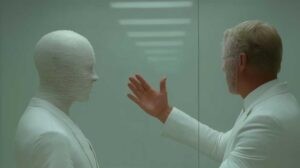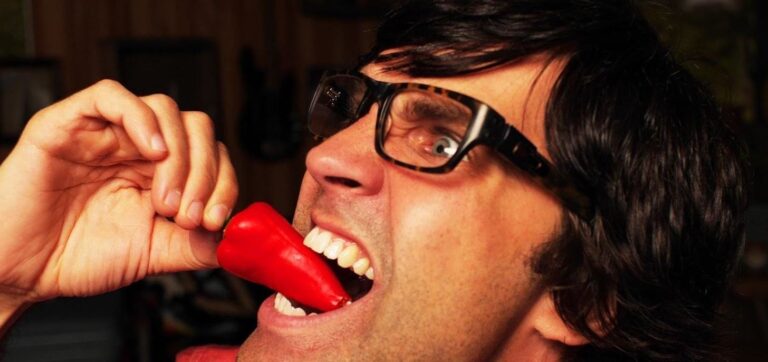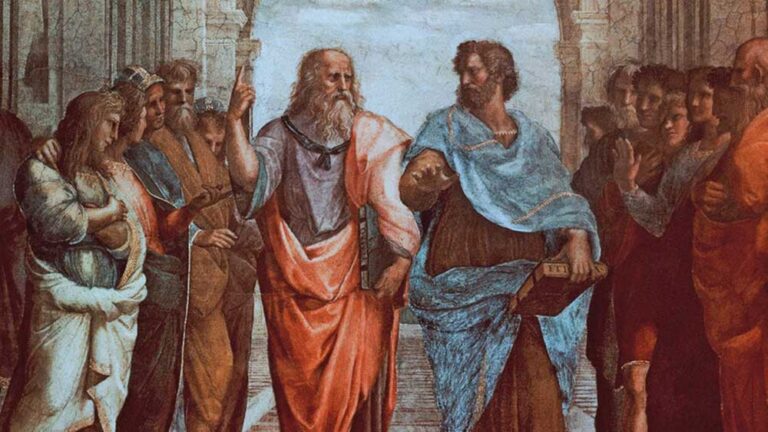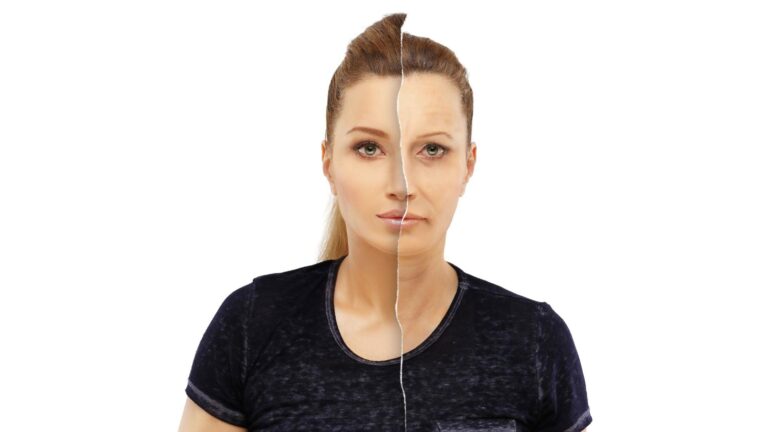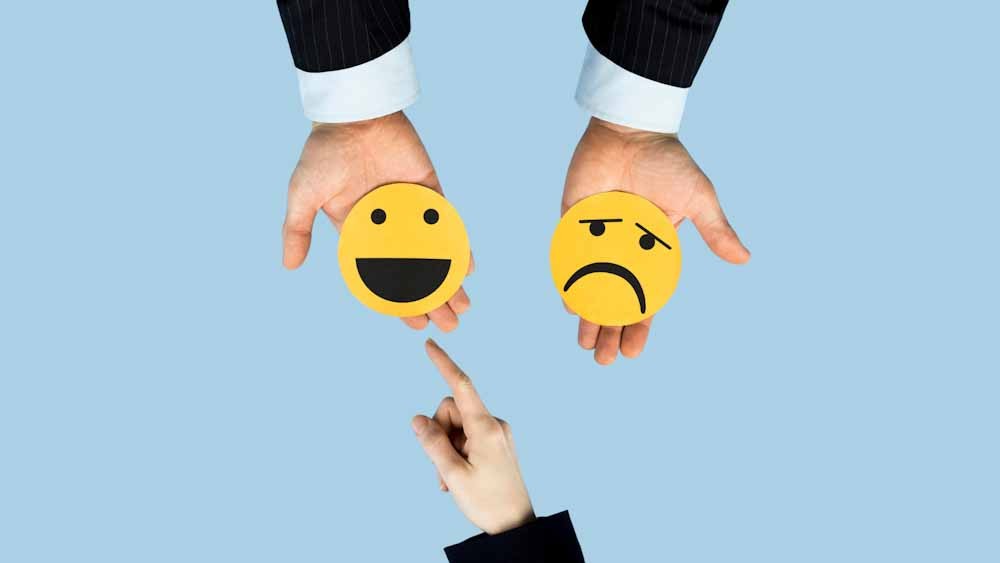
What are the most important need people have?
According to Abraham Maslow, an influential 20th-century psychologist, the most important need is physiological (published in 1943 in Psychological Review in Theory of Motivation). Physical needs entail everything that the body needs to survive, including air, water, food, and objects like cloth and shelter (home), that will protect us from the outside world elements, like rain and wind.
Physiological needs are, however, only the first need in the list of Hierarchy of Needs proposed by Maslow, being the other four needs: needs for (2) safety, (3) love/belonging, (4) esteem, and (5) self-actualization.
The second basic need – safety need – entails needs for individual safety, financial safety, health and wellbeing, and other securities and safety net, such as security against accidents and other property- and self- rights. This need goes along with the fundamental human need for stability and not losing what we already have. This is a basic need because this is something we must or should do, and it is achieved through such things as insurance and jobs.
The third need and the first higher needs – need for love/belonging – entail interpersonal needs that can only be satisfied by the presence or communication with other human beings. Social creatures need to have other people in our lives. We will always desire friendships, intimacy, and family comforts no matter, and it can equally come from bigger or smaller groups. It is essential for our emotional health and well being. We are shaped by our social needs and peer pressure, as we find our sense of identity by interacting with other human beings. As already mentioned, the need to satisfy sexual desires is part of the need for love/belonging. To fulfill this need, we are looking for products and services that we can either do with other people or attract new people into our lives.
The fourth need, and the second higher need – esteem need – entails the need to respect and be respected, find personal value, and communicate it (which is often associated in modern psychology to ego). There are two parts to the need for esteem: how we see ourselves as individuals and how we see ourselves inside a group. Individually, we want to feel healthy, competent, confident, independent, and qualified. Socially, we want to have status, recognition, fame, prestige, attention, and contribution. We achieve this through such activities as hobbies. Socially we accomplish this through activities such as work. In modern psychology, this concept is closely related to the idea of ego and who we are internal.
According to Maslow, many human needs in the hierarchy are interrelated, which is, even more, the case between the needs of esteem and self-actualization.
The last and the third higher need – self-actualization – entails the realization of personal potential. Maslow talks about this need from the perspective of achieving everything that a person can and being the maximum a person can be. According to Maslow, this can be achieved by mastering previous needs, and it varies from person to person. One person can want to be a perfect parent, another one can find himself in his work, and other people can pursue their artistic talents, while others can find it in sports.
These five levels come in a ranking to achieve a higher level of needs; a person first has to satisfy lower levels of needs, as otherwise, intense feelings of tension or anxiety will arise. For example, to fulfill a need for (2) safety, he first needs to satisfy his (1) physiological needs. Similarly, to fulfill the need for (3) love/belonging, a person has to meet first the needs for (1) physiological and (2) safety, and so on.
As mentioned before, there are just too many needs, too many to note in one place, and this is precisely why Maslow hierarchy of needs is criticized for today. It does not include such needs are for XXX, YYY, and ZZZ. Furthermore, the hierarchy classifies the human need for reproduction as a (1) physiological need. This makes sense because people express this need in a physiological way. Still, it does not make sense as, because more often than not, people want to be safe before having children, therefore it probably better fits this need into (3) love and belonging. Lastly, individual needs can be more important for some people than for others, such as the need for (3) love and belonging can be more important than the need for (2) safety, especially for people who live in zones of conflict, where no one’s security is guaranteed.
Still, while the theory is not perfect, it raises some important points. For instance, some needs, such as physiological needs, tend to be more important than other needs, such as self-actualization needs. This is not to say that we can live without self-actualization or any other need. Countless studies show that human beings suffer and even die in the complete absence of a certain need.
As in case of the need for self-actualization, in a famous study where young children were removed all sorts of love, newborn children died within days (source: Mind Control tape). The same thing happened to newborn monkeys, which also died in the absence of a mother figure (see 50 psy books). This is to say that all needs have to be satisfied at least to a basic level, as otherwise, stress follows.
Still, we don’t have to go as far as to satisfy our needs completely. Even on a half, hungry stomach, people can create masterpieces, as it was the case with Vincent van Gogh who we know today to be taken care of by his brother XXX because he was often hungry and broke because he could not sell his paintings.

